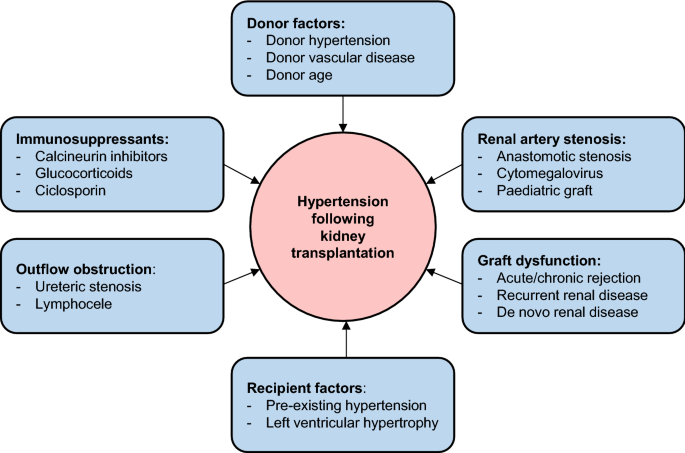Hypertension, commonly known as high blood pressure, and chronic kidney disease (CKD) are two prevalent health conditions with a complex interplay. Research has shown a strong correlation between hypertension and the development and progression of CKD. Understanding this link is crucial for effective management and prevention strategies. Additionally, emerging treatments like ketosteril tablets are gaining attention for their potential in managing CKD. This article explores the relationship between hypertension and CKD and the role of ketosteril tablets in their management.
Understanding Hypertension and Chronic Kidney Disease
Hypertension is a condition characterized by elevated blood pressure levels persistently exceeding 130/80 mmHg. It poses a significant risk factor for various health complications, including heart disease, stroke, and kidney disease. Chronic kidney disease refers to the gradual loss of kidney function over time, leading to the accumulation of waste and fluid in the body. Common causes of CKD include diabetes, hypertension, and glomerulonephritis.
The Link Between Hypertension and CKD
Hypertension is both a cause and a consequence of CKD. Elevated blood pressure damages the small blood vessels in the kidneys, impairing their ability to filter waste and excess fluid from the bloodstream effectively. This damage can lead to the development of CKD over time. Conversely, CKD can exacerbate hypertension by disrupting the body’s fluid balance and increasing the production of hormones that raise blood pressure.
Impact of Hypertension on CKD Progression
For individuals with CKD, hypertension significantly accelerates the progression of kidney damage. Uncontrolled high blood pressure further damages the already compromised kidneys, leading to a faster decline in kidney function. This vicious cycle underscores the importance of managing hypertension aggressively in CKD patients to slow disease progression and reduce the risk of complications such as kidney failure.
Management Strategies for Hypertension and CKD
Managing hypertension in CKD patients requires a multifaceted approach, including lifestyle modifications and pharmacological interventions. Lifestyle changes such as adopting a healthy diet low in sodium, regular exercise, and weight management can help lower blood pressure levels. Additionally, medications like angiotensin-converting enzyme (ACE) inhibitors and angiotensin II receptor blockers (ARBs) are commonly prescribed to control blood pressure and mitigate kidney damage in CKD patients.
Role of Ketosteril Tablets in CKD Management
Ketosteril tablets, a combination of essential amino acids and keto acids, have gained attention for their potential role in managing CKD. These tablets aim to reduce the workload on the kidneys by providing essential nutrients in a form that requires minimal renal excretion. By lowering the dietary protein intake, ketosteril tablets help alleviate the burden on the kidneys, slowing the progression of CKD and delaying the need for dialysis or kidney transplant.
Conclusion
The relationship between hypertension and chronic kidney disease is bidirectional and complex. Hypertension contributes to the development and progression of CKD, while CKD exacerbates hypertension, creating a detrimental cycle that requires careful management.
Strategies aimed at controlling blood pressure and preserving kidney function are essential in preventing complications and improving outcomes for CKD patients. Emerging treatments like ketosteril tablets offer promising options for managing CKD by reducing the workload on the kidneys and slowing disease progression. However, further research is needed to fully elucidate their efficacy and safety in clinical practice.


